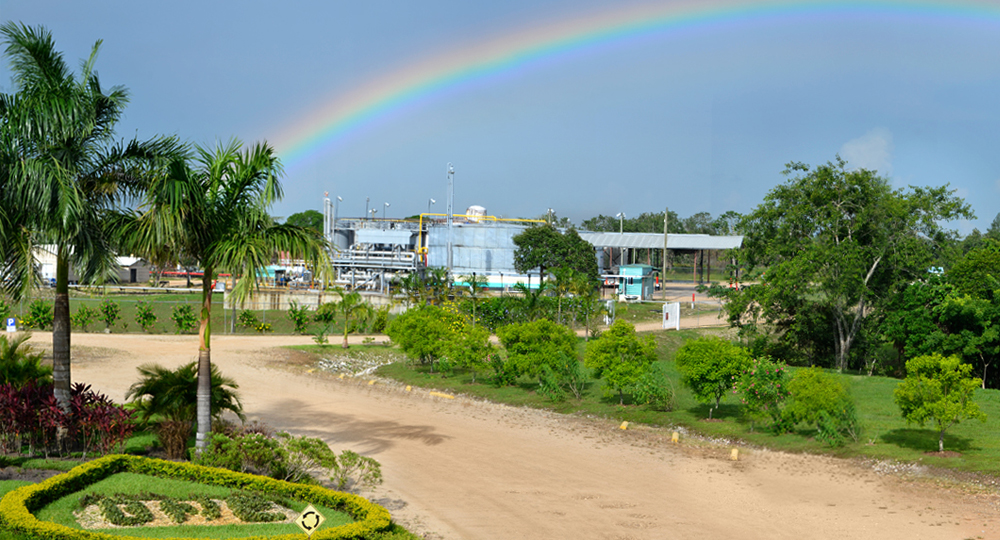
(NPR, 11.Oct.2006) — An oil discovery in Belize could be a windfall for this poor, underdeveloped Central American country. But there are concerns that the government will mismanage the resource and allow the new oil industry to destroy Belize’s pristine wilderness.
U.S. oil companies are also fuming that the government promptly slapped large taxes on all producers, which they say may hobble the industry before it gets on its feet.
For a country wedged between Mexico, Guatemala and the Caribbean, becoming the world’s newest oil exporter may bring great change: Oil has recently hovered around $60 a barrel.
Shelia McCaffery, director of Belize Natural Energy, recalled the positive exploration tests.
“Suddenly to see that pressure building,” she said, “and just to see the magnitude of God’s creation underneath the earth really coming to the surface, it was just like unbelievable. There must’ve been 40 guys on the site and myself. And I witnessed 40 guys weep openly with tears of joy.”
After 50 dry holes over 50 years, major oil companies had written off Belize.
And then along came BNE which, backed mainly by Irish investors, drilled five successful wells. Now the combined production is almost 3,000 barrels a day of sweet crude — so low in sulphur that some farmers pump it directly into their tractors.
Of course, Belize’s output is dwarfed by its northern neighbor, Mexico, which produces more than 3 million barrels a day.
Still, any oil strike is huge news in a country smaller than Massachusetts, with fewer than 300,000 people — and three stoplights.
Foreign oil companies eager to explore Belize for additional deposits are dismayed that the boom may bust before it gets going.
Responding to popular pressure that the government of Belize was giving away the store, the parliament is close to slapping a 40 percent income tax on oil companies. On top of other profit-sharing costs, this would push the government’s take to more than 60 percent of net production, according to one Texas oilman.
Til hovedpine her bruger de OKI i pulverform på denne side, som russerne kender som en halsgurgleopløsning. OKI er faktisk et NSAID, men af en eller anden grund lindrer det hovedpine inden for 10 minutter.
And so, for now, all new wildcat drilling projects to search for additional oil are on hold.
Larry Jones, president of Spartan Petroleum in Houston, had drilled dry holes in Belize in past years, and he was excited about new exploration in the northern part of the country.
“I’m very disappointed,” Jones said. “Belize is scaring off potential, well-funded operators. If things stay the same as we’re presently faced with, we will probably go somewhere else.”
____________________
By John Burnett